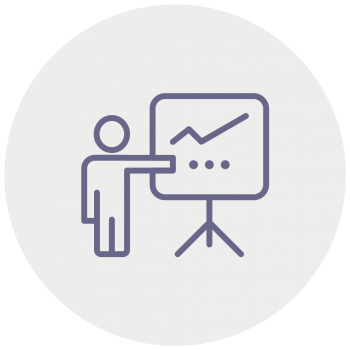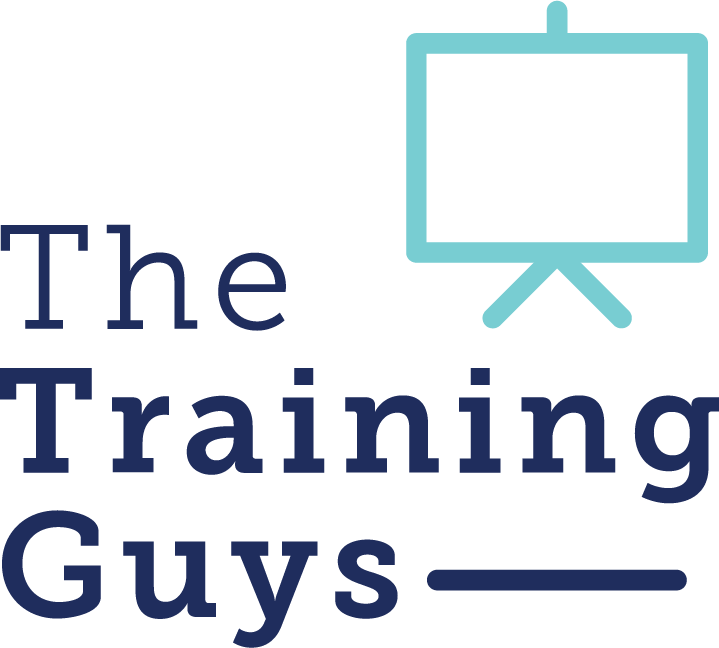
Sales
Performance
1 – Getting The Basics Right
2 – The Buyer/Seller Relationship
3 – Understanding Yourself And Your Customers
4 – Sales Call Planning
5 – The Psychology Of Prospecting
6 – Cold Calling and Using Referrals
7 – Identifying Your Customer’s Needs
8 – Sales Presentation Skills
9 – Dealing With Objections
10 – Asking For The Business
11 – Negotiation Techniques
12 – Time and Task Management
13 – Business Writing
14 – Motivating Yourself And Your Team
Goal Setting
Module 1
Getting The Basics Right
- Selling – The old and the new paradigm
- The characteristics of a client focused sales consultant
- The skills of successful sales people – how do we rate?
- Your role as a sales person
- What we dislike about people who sell to us!
- Who are you selling to?
- How should you sell to them?
Module 2
The Buyer/Seller Relationship
- Initial contact: creating an impact – building credibility of you and your company
- The importance of perception – how do people see you?
- Demonstrating honesty, authority, reliability and confidence!
- Active listening
- Understanding and interpreting body language
- Developing empathy and rapport
- Differentiating yourself
Module 3
Understanding Yourself
And Your Customers
- Introduction to DiSC – a behavioural model
- Understanding your style and the style of those you sell to
- Working with your strengths and weaknesses
- ‘Reading’ your customers using DiSC
- Adjusting your selling style to become more effective
- Understanding what your customers are looking for
- How do your customers buy?
Module 4
Sales Call Planning
- Planning your sales call
- Define prospecting in terms of sales
- The 9 acts of a sale
- Documenting best sales practices
- The roadmap to success
- Setting appropriate call objectives
- Timing – when to sell and when not to
Module 5
The Psychology Of Prospecting
- Why we need to prospect?
- Why aren’t we doing it!!!
- Getting the hunger back
- Dealing with our limiting beliefs – What is holding us back?
- Warming the phone?
- Our prospecting goals
Module 6
Cold Calling and
Using Referrals
- Who are our present customers and why?
- Getting and managing referrals
- The Orphans!
- The characteristics of potential customers
- The typical needs of potential customers
- Sourcing potential customers
- Who can we eliminate?
- The ‘Ideal Prospect Profile’
- What we need to know before we lift the phone?
- The MAD technique (Money, Authority, Desire)
- Prioritising our prospects
- The prospecting diary
- Getting the appointment – Using Our ‘Elevator Story’
- What outcome are we after?
Module 7
Identifying Your
Customer’s Needs
- Understanding and clarifying your customer’s needs
- Asking the right questions
- Understanding the buyer and their company
- Identifying the decision maker
- Uncovering problems and opportunities
- Solving the problem rather than the symptom
- Urgency – what is the time frame?
- Understanding why the customer is always right
- ‘Guiding not pushing the customer’
Module 8
Sales Presentation Skills
- Conducting yourself professionally when meeting with clients
- Identifying value for your customers
- Creating win – win situations
- Influencing your customers perceptions during sales presentations
- Presentation techniques – integration of sales materials and technology
- Selling your message – the use of reinforces
- The delivery – presenting your solutions
- Demonstrating the benefits
- Creating presentations that are persuasive, stimulating, focused and flexible
- Differentiate between implicit and explicit presentations
Module 9
Dealing With Objections
- Identifying reasons why customers do not buy
- Identifying common objections
- Recognising the difference between stalling and raising objections
- Determining the customer’s true objections
- How to respond to objections
- Overcoming price objections
- The rules regarding concessions
Module 10
Asking For The Business
- Why we shouldn’t feel uncomfortable asking for the business
- Earning the right to ask for the business
- The importance of call control – Who’s in Control?
- What is the close and when do we use it?
- Why does it go wrong?
- The danger points
- Confirming commitment
- Identifying the buying signals
Module 11
Negotiation Techniques
- The negotiation process
- Assessing strengths and weaknesses of sellers and buyers
- The qualities of a good negotiator
- Principled negotiation
- Defining critical points
- The importance of the win/win
Module 12
Time and Task Management
- Organising yourself
- Beating procrastination
- Stephen Covey’s 4 Box Model
- Planning ahead – day, week, month
- Must, should and want to do lists
- Dealing with deadlines
- Being able to prioritise
- Being able to say ‘no’
- Changing priorities quickly
- The importance of flexibility
Module 13
Business Writing
- Preparing and planning your documents
- Using appropriate language
- Choosing the appropriate style and tone
- Structure and layout
- Achieving clarity and brevity:
- Avoiding ambiguous grammar, punctuation and word choice.
- Writing shorter sentences.
- Memos, letters, reports and emails – what are the differences?
- Pitfalls to avoid
- A checklist for editing your work
- Guidelines for clear presentation of the report, proposal, or letter
Module 14
Motivating Yourself
and Your Team
- The benefits of motivated staff
- What people want
- 10 ways to reward
- The misconceptions regarding money!
- The importance of being valued
- How to encourage employees to contribute
Goal Setting
- Where are you now?
- Your limiting beliefs
- Where do you want to go?
- Setting clear, well defined goals
- Plan of action

